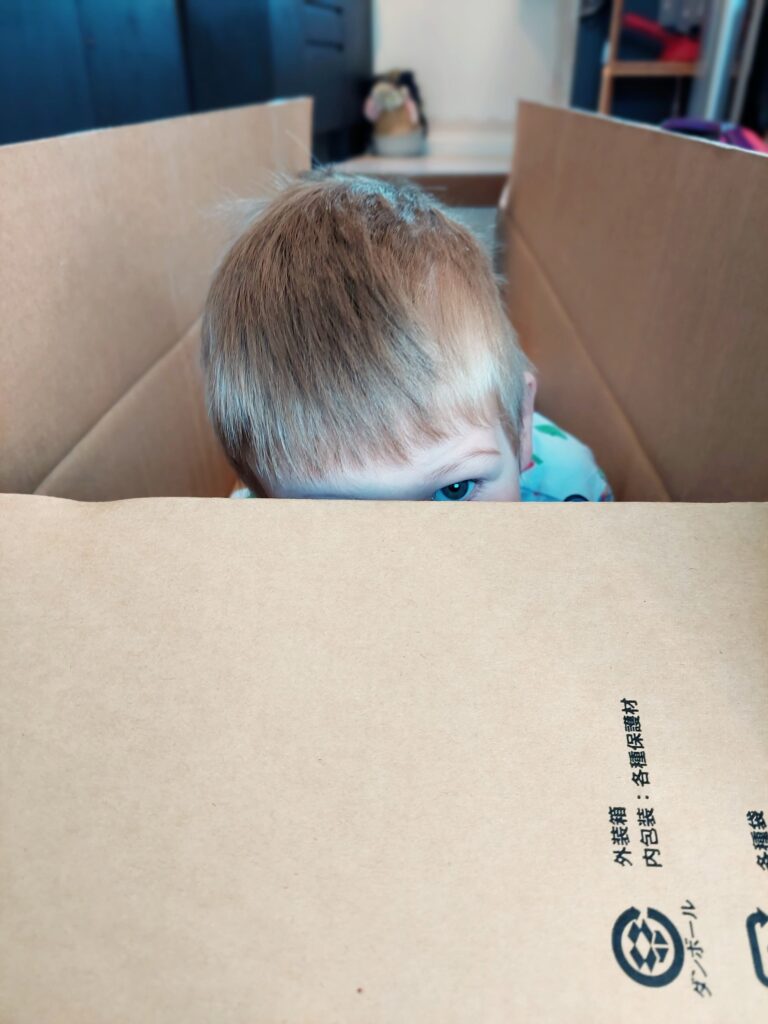The house project has progressed to a point where we have had an offer accepted on a house in Woolwich (one of the areas with the cheapest square footage according to my research), and are working on all the millions of pieces of paperwork, checks etc that have to get done before we can even start seriously thinking about moving. I’ve been making copious use of a couple of phrases that stuck with me from reading Four Thousand Weeks:
- Things just take the time they take.
- Dive into life as it really is.
The third one I dig out as often as I remember to is ‘good is here right now’ (credit to The Lazy Genius). These three make me feel less like I’m trying to live in the future and more like the present moment is okay, even if nothing else ever happened.
It does seem to be a singularly peculiar moment to be buying a house. I read in the paper this week that house prices are down 5% (in the whole country or just London? I can’t remember) consequent to buyers being less able to afford or secure mortgages. However, the naysayer in me wanted to know if they had considered that it could also be an effect of the kind of houses that are being sold now, as opposed to normally. Could it be that smaller houses or houses in worse repair are going for sale in larger number than more valuable houses?
I haven’t seen the data, but it’s at least plausible that homeowners who have smaller incomes live in smaller homes and are the hardest hit by rises in mortgage rates, whereas owners of larger houses may have more income and savings, and are more able to weather the rate rises. In fact, I would be more surprised if the stock of houses on the market now was exactly the same as for example a year ago. So to say that sale prices are lower due to prospective buyers having less to offer is probably only part of the reason.

A friend of ours has recently received an adulthood diagnosis of autism, which is interesting to me as the parent of someone that people on parenting forums would likely have no hesitation in placing ‘on the spectrum’ based on a description of some of the things he enjoys and doesn’t enjoy. But if he is some form of autistic, then he is so high-functioning that to say it would be nearly meaningless.
Pro-‘spectrum’: he is quieter than most of his friends, he doesn’t usually enjoy cuddles, and he loves letters, numbers, vehicles and rules. He likes playing on his own, and trying to get him to join in a group activity is laughably pointless. When he gets upset, he gets very upset and it takes him a long time to get over it.
Anti: he is an affectionate, generous and loyal friend. He is a keen observer of behaviour and other people’s motives and feelings. At home and with people he knows, he is playful, animated and cheerful. He has flights of fancy and is engaging more and more in imaginative play (which I wish he would stop, at least the recently popular role-play as a bogey…).
My verdict? He has a personality that is somewhere in the tails of the bellcurve. I worry a bit that this is somehow becoming ‘diagnosable’. I hope that he will develop one more stereotypically autistic character trait, namely not giving a toss about what strangers think of you.
For background I present the results of an emotional intelligence test that my MBA cohort took. I’m right in the tails of the curve with my son… I literally formed the lower bound of the extraversion range.


My favourite pieces of three-year-old chat lately:
3yo: Who makes money?
Me: Ah, now, that’s an interesting quest-
3yo: The bees do.
At breakfast, eyeing my phone: ‘I want to see a cat flap and a picture of a judge.’
At bedtime:
Me: Come on, quickly!
3yo: No! I’m choosing a bedtime car.

[…] about some of the ways my older son hasn’t yet grasped what is expected in social situations, I had an idea that might help him. And it might help me in exactly the same way. The idea is that […]